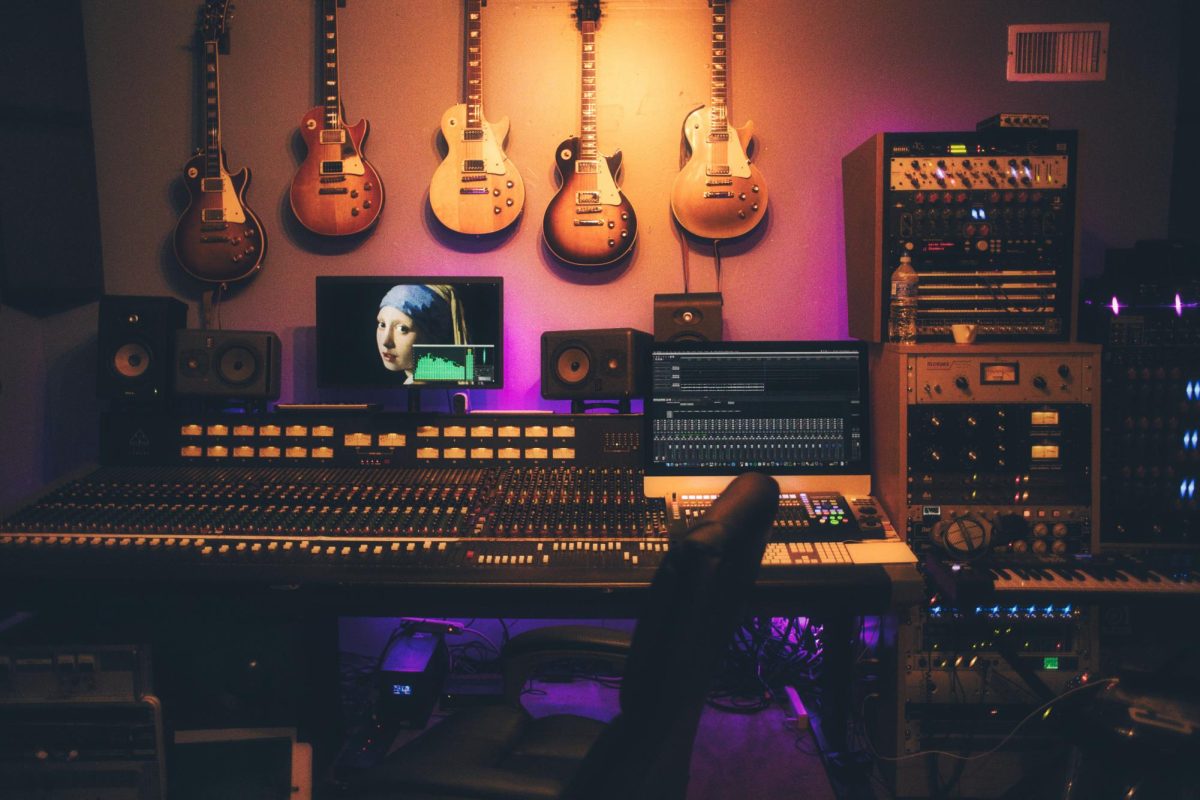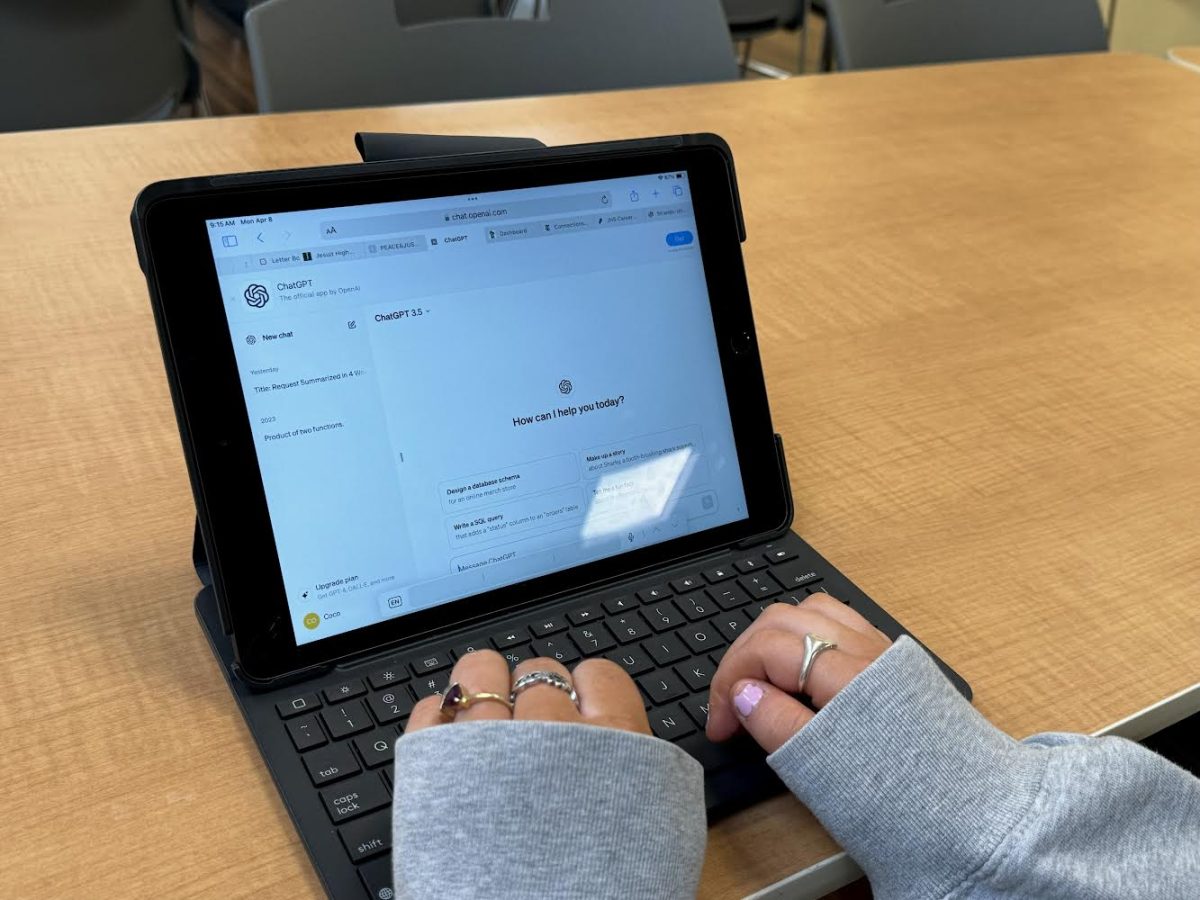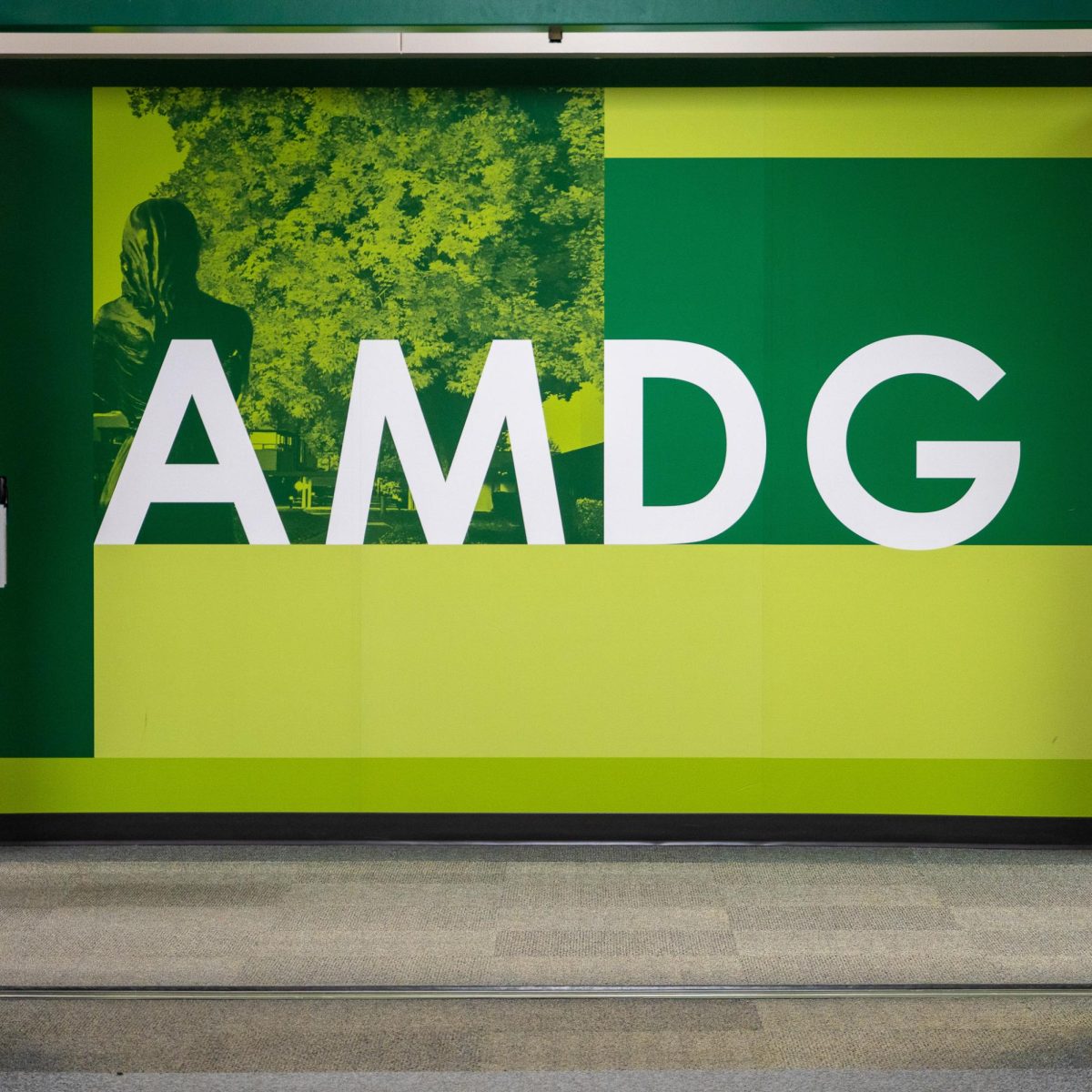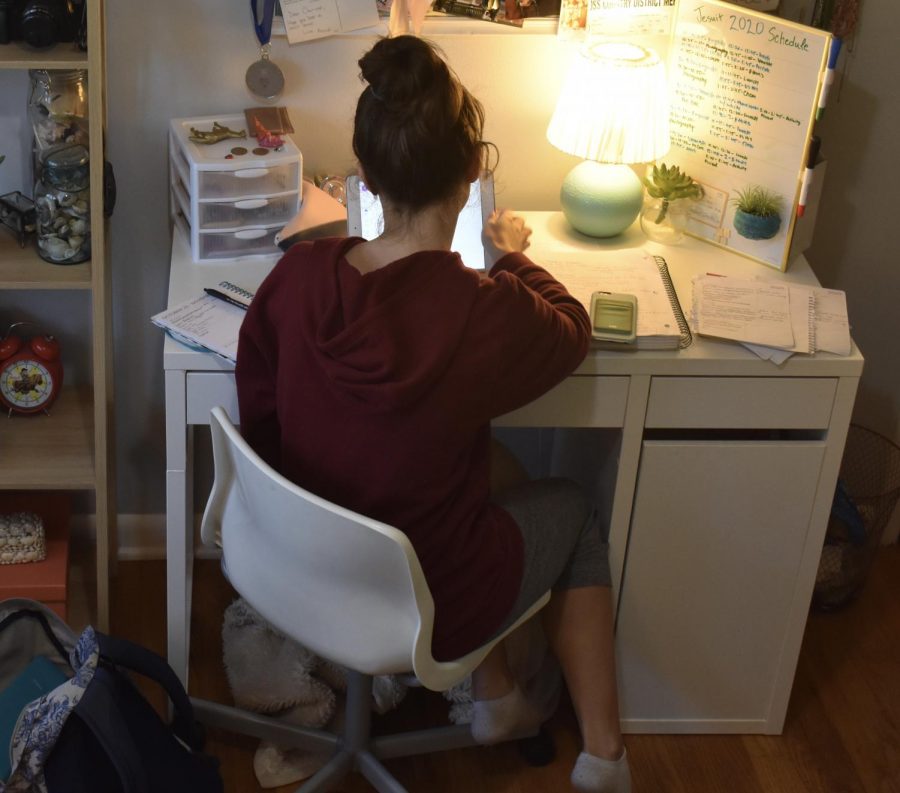Taylor Swift hopping on a BTS track. Frank Sinatra putting his spin on Drake’s new hit.
It’s all possible with new voice modifying AI, and it’s taking social media by storm- a not so welcome storm if you’re a music industry executive, anxiously waiting for streaming numbers to drop, drop, drop. Of course, AI voice generated covers aren’t going to bankrupt any music label, but they raise a similarly panic- inducing question: what is the role of AI in the future of music, and where is the line for artistic ownership?
Legally speaking, artistic ownership is the copyright that is created every time a musician releases a song, or an artist paints a mural. And, copyright ownership is non-transferable, so a person buying a painting at an auction has no artistic ownership over the piece, despite physically “owning” it (RadicalxChange.org).
Artists inspired by pre-existing work can side-step copyright infringement by purchasing specific licenses for DJ-ing and distributed song covers (Music Gateway). However, no current legislation explicitly mentions the blurred lines of social media. Consequently, apps like Tik Tok have become the wild west in terms of music copyrighting, specifically since the advent of AI voice generators.
Voicify, for example, is an open source AI, and probably the most beginner friendly of similar software. Recently, scrolling through Tik Tok is impossible without encountering at least one nonsense song cover, from inane things like Jennifer Coolidge on Lana Del Rey, to more questionable, more believable covers that confuse viewers.
Comments on a Rihanna cover say, “Wait, I didn’t know she wrote this one,” an outrage to die-hard fans, who jump to the defense of their favorite singers.
Honestly, I’m not bothered.
It seems like outrage from listeners is rooted in an innate trust in the original artist. But even that is symptomatic of the larger root problem: a “cult of personality” economy. It’s everywhere.
An artist releases a disappointing single? “You just don’t get what he’s going through right now.”
The singer is the #1 carbon polluter of 2020 (Forbes.com)? “It’s not realistic for her to travel with real people. You don’t get it.”
Over and over. “You don’t get it.”
The ‘it’ in question isn’t a specific artist, as fans might believe. The ‘it’ is carefully calibrated marketing and personality-editing for max profit. Artists aren’t necessarily selling music, they’re selling personality.
Selling personality isn’t a novel concept or a consequence of rapid social media development, but it has certainly been exacerbated over the past 10 years. Because of the intimate view that informal media offers, it’s easier than ever to ‘fall in love’ with a creator’s personality (Social Media Today). That’s not to discredit the moral ambiguity of modifying an original work, but more to say that it shouldn’t fall to fans to defend the honor of a millionaire artist.
Furthermore, fan outrage stifles the creativity of their peers, who are experimenting with new formats like AI, which will undoubtedly play an integral role in the future of art.
Says music journalist David Amerland, “It opens up new opportunities for artists… and labels to breathe new life into their catalogs.”
Sure, labels can offer nuanced understandings of old tracks, but independent artists, even non-artists trying to make music in their bedroom, can access the high- intelligence software that helps create the best selling albums today. The barrier of entry (money) to the music industry is rapidly crumbling. It’s terrifying to watch it fall. But, even more thrilling to see new innovators climbing over the rubble.










